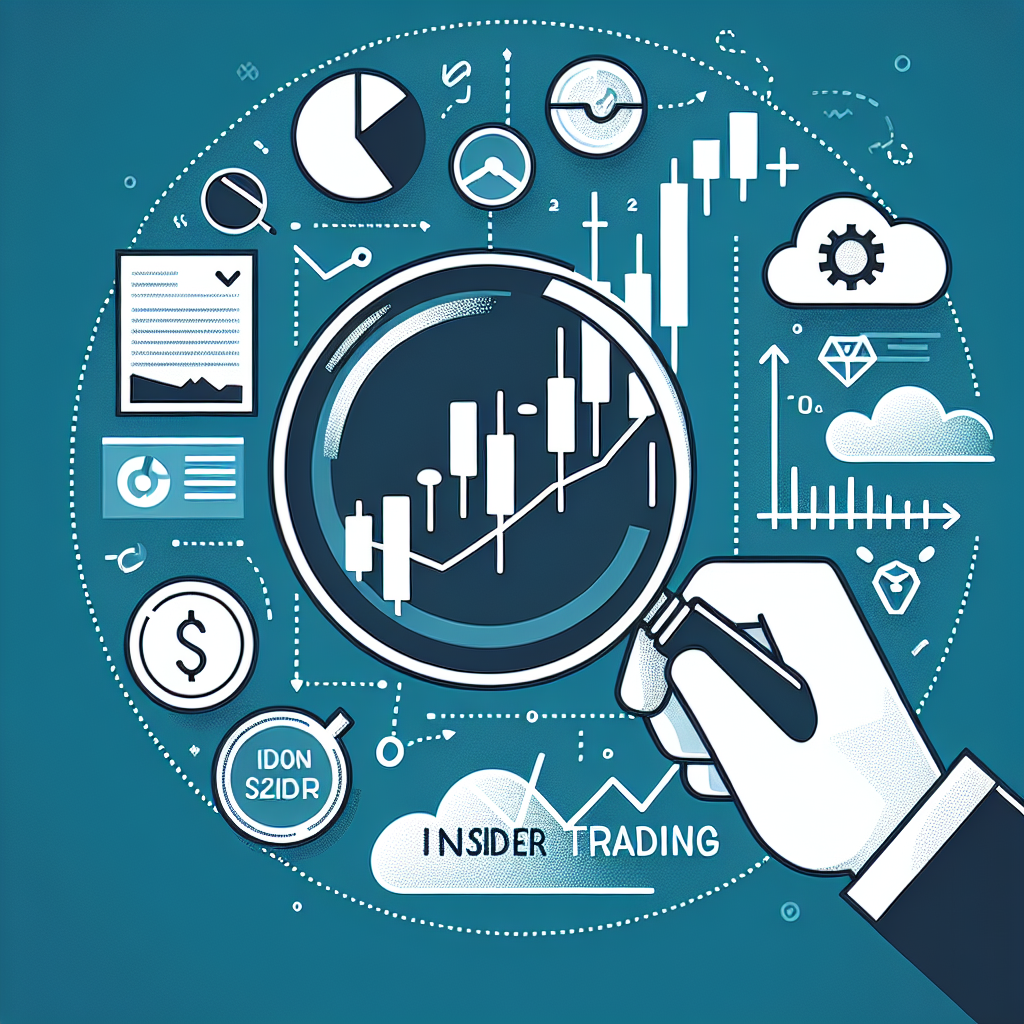
The Impact of Global Politics on Your Portfolio
Understanding the Interplay Between Global Politics and Your Investment Portfolio
Why Global Politics Matter to Your Investments
Historical Examples: Politics Shaping Markets
The Cold War and the Stock Markets
The Oil Crisis of the 1970s
Recent Examples: US-China Trade War
The Specific Impacts of Politics on Investment Sectors
Currency Markets and Exchange Rates
Stock and Bond Markets
Commodity Prices
The Role of Geopolitical Risks in Portfolio Diversification
- Global Asset Allocation: Spreading investments across different regions and sectors to mitigate localized political risks.
- Monitoring Political Events: Staying informed about international developments through reputable news sources and analysis.
- Hedging Strategies: Utilizing options, futures, or currency hedges to protect against adverse political events.


